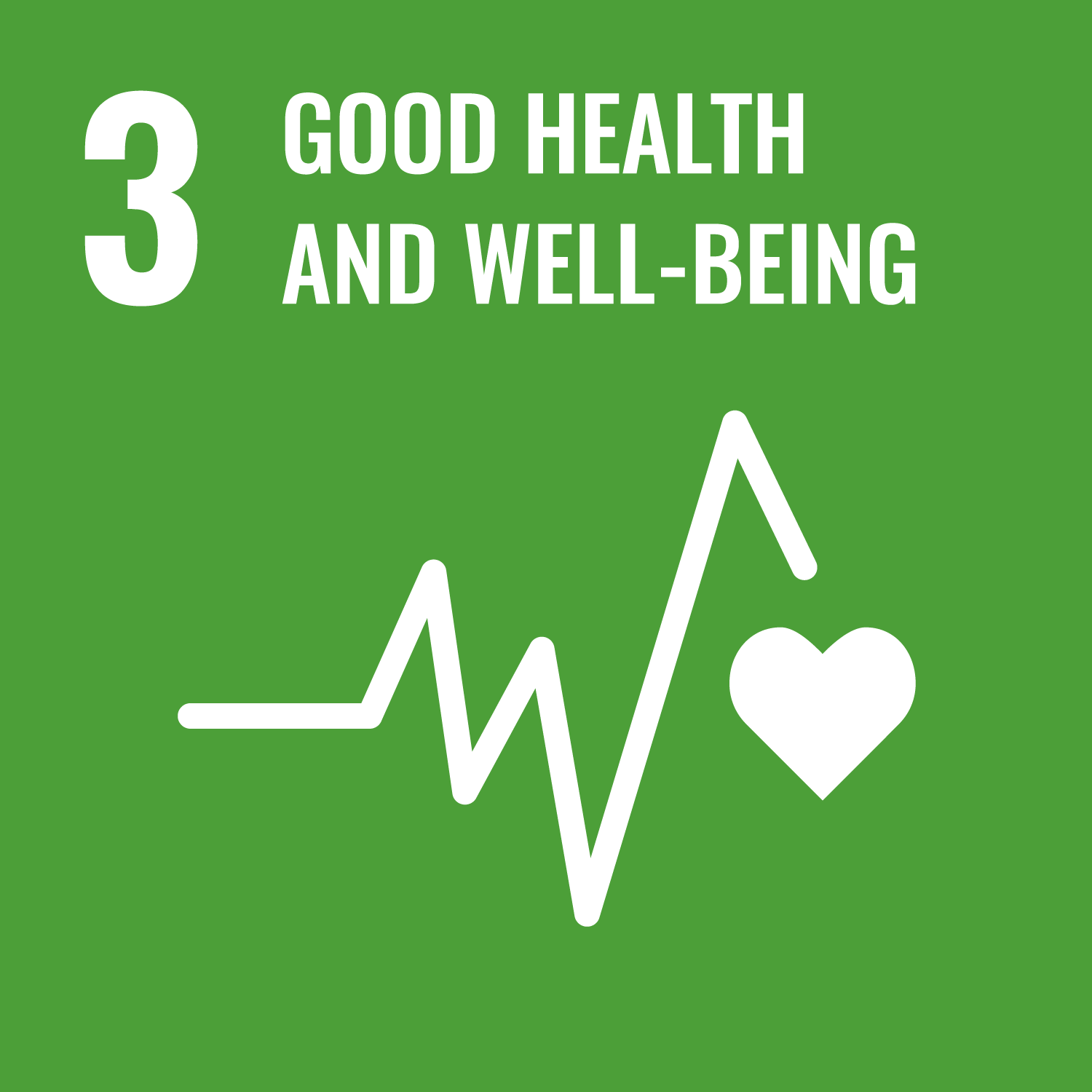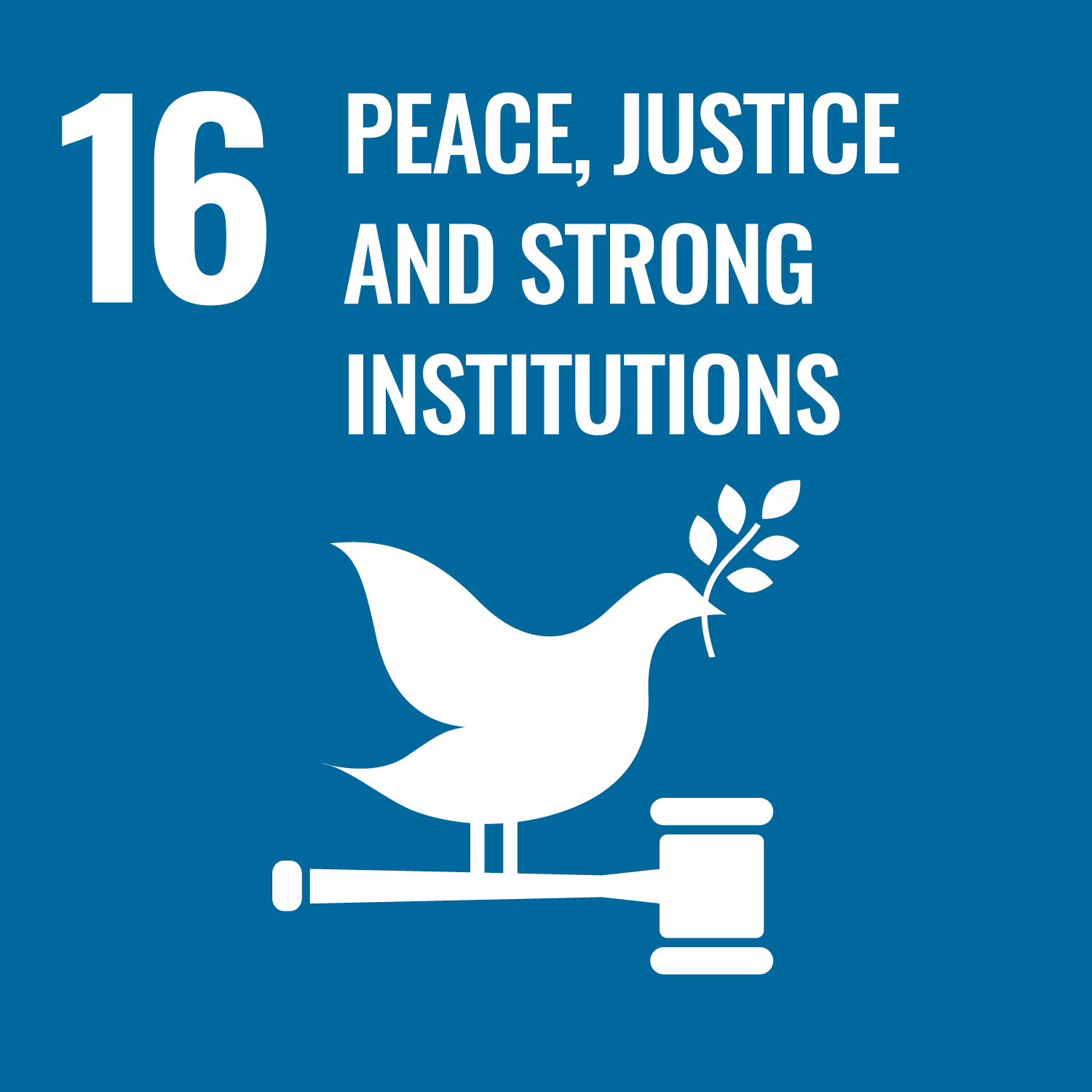Illinois Dually-Involved Youth Pay for Success Initiative
Aligned SDGs




- Illinois Dually-Involved Youth Pay for Success Initiative
- General overview
- Location
- Involved organisations
- Outcome metrics
- Other resources
- Spreadsheet of data
- Illinois Dually-Involved Youth Pay for Success Initiative
- General overview
- Location
- Involved organisations
- Outcome metrics
- Other resources
- Spreadsheet of data
General overview
Stage of development: Implementation
Policy sector: Criminal justice
Start date of service provision: Nov 2016
Capital raised (minimum): USD 16.40m
Service users: 800 individuals
Intervention
Since dually-involved youth interact with multiple government systems and have unique personal challenges, this initiative aims to improve outcomes by changing both systems behavior and child and family behavior. Services providers and commissioner will collaborate with juvenile courts/probation to develop a system of care that provides rapid identification, comprehensive and collaborative case coordination, and increased access to proven clinical programs for dually-involved youth. The service provider will implement the Crossover Youth Practice Model (CYPM), a set of proven practices developed by the CJJR at Georgetown University's McCourt School of Public Policy. Through this model, the service provider will offer an array of therapeutic interventions including high-fidelity wraparound services, TFCO, BSFT, ARC, SPARCS, and a variety of non-traditional therapies to help youth transition to adulthood, develop a positive support team for the youth, and thus prevent future criminal behavior.
Target population
Youth aged 11 - 17 in guardianship/custody of DCFS, involved in the juvenile justice system, from and living in Cook or Lake counties.
Location
Country
- United States
Service delivery locations
- 18 counties, Illinois, USA
Involved organisations
Outcome metrics
- Reduced placement restrictiveness. Decrease in number of congregate care days over 3 years relative to control group. Illinois administrative data.
- Reduced delinquency. Decrease in number of detention and incarceration days over 3 years relative to control group. Illinois administrative data.
- Improved youth wellbeing - outcome 1. Success rate in educational goals. Illinois administrative data.
- Improved youth wellbeing - outcome 2. Success rate in placement stability. Illinois administrative data.
- Improved youth wellbeing - outcome 3. Success rate in program fidelity. Illinois administrative data.
Other resources
Spreadsheet of data
Important Notice and Disclaimer on INDIGO Data
INDIGO data are shared for research and policy analysis purposes. INDIGO data can be used to support a range of insights, for example, to understand the social outcomes that projects aim to improve, the network of organisations across projects, trends, scales, timelines and summary information. The collaborative system by which we collect, process, and share data is designed to advance data-sharing norms, harmonise data definitions and improve data use. These data are NOT shared for auditing, investment, or legal purposes. Please independently verify any data that you might use in decision making. We provide no guarantees or assurances as to the quality of these data. Data may be inaccurate, incomplete, inconsistent, and/or not current for various reasons: INDIGO is a collaborative and iterative initiative that mostly relies on projects all over the world volunteering to share their data. We have a system for processing information and try to attribute data to named sources, but we do not audit, cross-check, or verify all information provided to us. It takes time and resources to share data, which may not have been included in a project’s budget. Many of the projects are ongoing and timely updates may not be available. Different people may have different interpretations of data items and definitions. Even when data are high quality, interpretation or generalisation to different contexts may not be possible and/or requires additional information and/or expertise. Help us improve our data quality: email us at indigo@bsg.ox.ac.uk if you have data on new projects, changes or performance updates on current projects, clarifications or corrections on our data, and/or confidentiality or sensitivity notices. Please also give input via the INDIGO Data Definitions Improvement Tool and INDIGO Feedback Questionnaire.